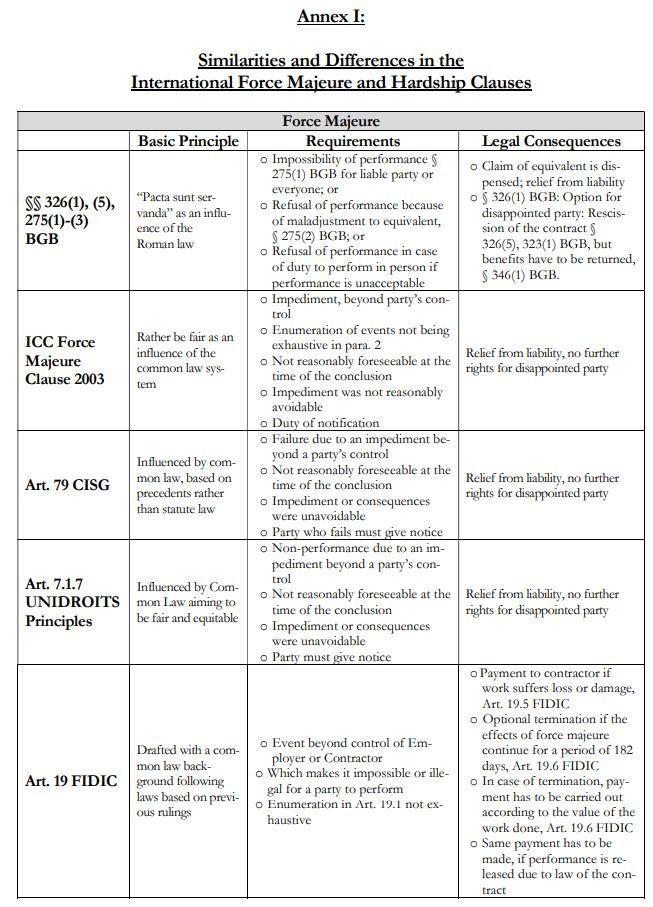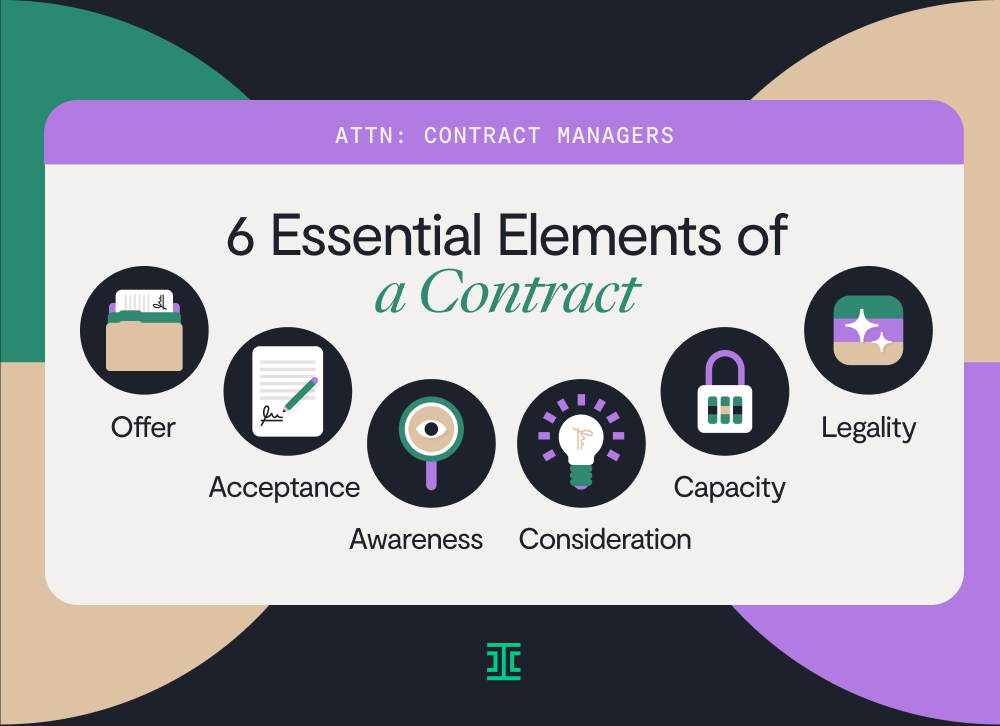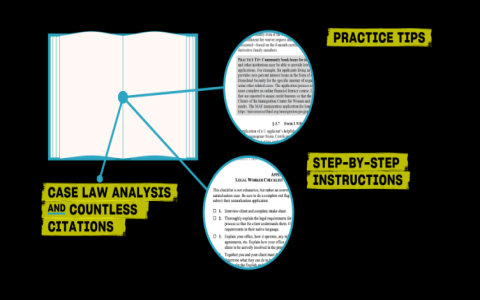Well, I reckon you’re curious ’bout what a “hardship contract” is, huh? Ain’t no fancy term for us folks, but I’ll tell ya, it’s just a way to handle things when life throws you a curveball, and the usual rules just can’t apply no more.

So, let’s start with the basics. A hardship contract is like a backup plan when somethin’ unexpected happens, something that messes up the balance of a deal or agreement you already had. Imagine you’ve got a deal with someone, and all of a sudden, some big problem pops up that neither of you could’ve seen comin’. It might be a financial issue, a natural disaster, or something else that makes it impossible for one of the parties to hold up their end of the bargain. That’s where the hardship contract comes in to save the day.
What is it for? Well, when things go south, this hardship contract lets folks change the terms or even cancel the whole thing. It’s a fair way to make sure no one gets stuck carryin’ the whole load when something out of their control happens. It’s like when you’re in a tug-of-war, and all of a sudden the rope snaps – you gotta figure out a new way to play the game.
Now, if we’re talkin’ ’bout a contract in the legal sense, a hardship clause might be included to protect both sides of the deal. You know, sometimes things happen that nobody could’ve predicted. Say, one party is hit with a financial crisis, or maybe there’s a sudden law change that makes it too hard for them to keep their promises. So, they can ask for the contract to be changed to fit the new circumstances. Think of it like when a storm hits and floods the crops – you can’t keep plantin’ the seeds like you planned, so you gotta adjust.
But, don’t get confused, this ain’t the same as a force majeure. Now, a force majeure clause is for those big, life-shattering events like earthquakes, floods, or war. That’s when both parties can back out without penalties. A hardship clause is a little different—it’s more about small, unexpected struggles that still allow the deal to go on but with a little flexibility. You know, like when your cow gets sick, and you can’t work as hard, but you still gotta figure out a way to keep the milk coming in.
Let’s say we’re lookin’ at hardship contracts in the world of sports. You might have heard of teams bringin’ in extra players when some of their regulars get injured or fall ill. This here’s where a “hardship contract” comes in handy. If a team’s got less than the usual number of players to field a game, they can sign a temporary player on a special contract. It’s a quick fix for when the team’s in a bind and can’t compete with fewer than the required players. Kinda like when you got a family reunion but your cousin’s car breaks down, so you call in an extra one to help with the chores.

What are the rules with these hardship contracts? Well, there’s always a little fine print. If you’re dealing with a legal contract and you want to pull in a hardship clause, you gotta make sure it’s in the agreement from the get-go. Otherwise, you might have a tough time tryin’ to get outta it. It’s like when you’re raisin’ chickens, and you’ve got a set number of eggs to sell – if a chicken stops layin’ for no good reason, you might need to call in a backup plan. But you can’t just change your mind and call it quits without a reason that’s agreed upon before it all started.
Now, these clauses can also be useful for international contracts, like when businesses from different countries make deals. Sometimes the other country’s rules change or their economy takes a dive, and what seemed like a good deal before now doesn’t make sense. A hardship clause lets both parties sit down, figure out what went wrong, and decide how to move forward, maybe with some new terms.
So, what’s the bottom line? A hardship contract is like a safety net. It’s there for when things don’t go as planned. But like any safety net, you don’t want to use it unless you really have to. It’s about fairness, making sure everyone can keep up their end of the deal, even if the road gets a little bumpy. And whether it’s in business or sports, it’s always good to know you’ve got a way out if life takes a turn you didn’t expect.
Tags:[Hardship Contract, Contract Clause, Legal Agreement, Sports Contracts, Force Majeure, Hardship Clause]













